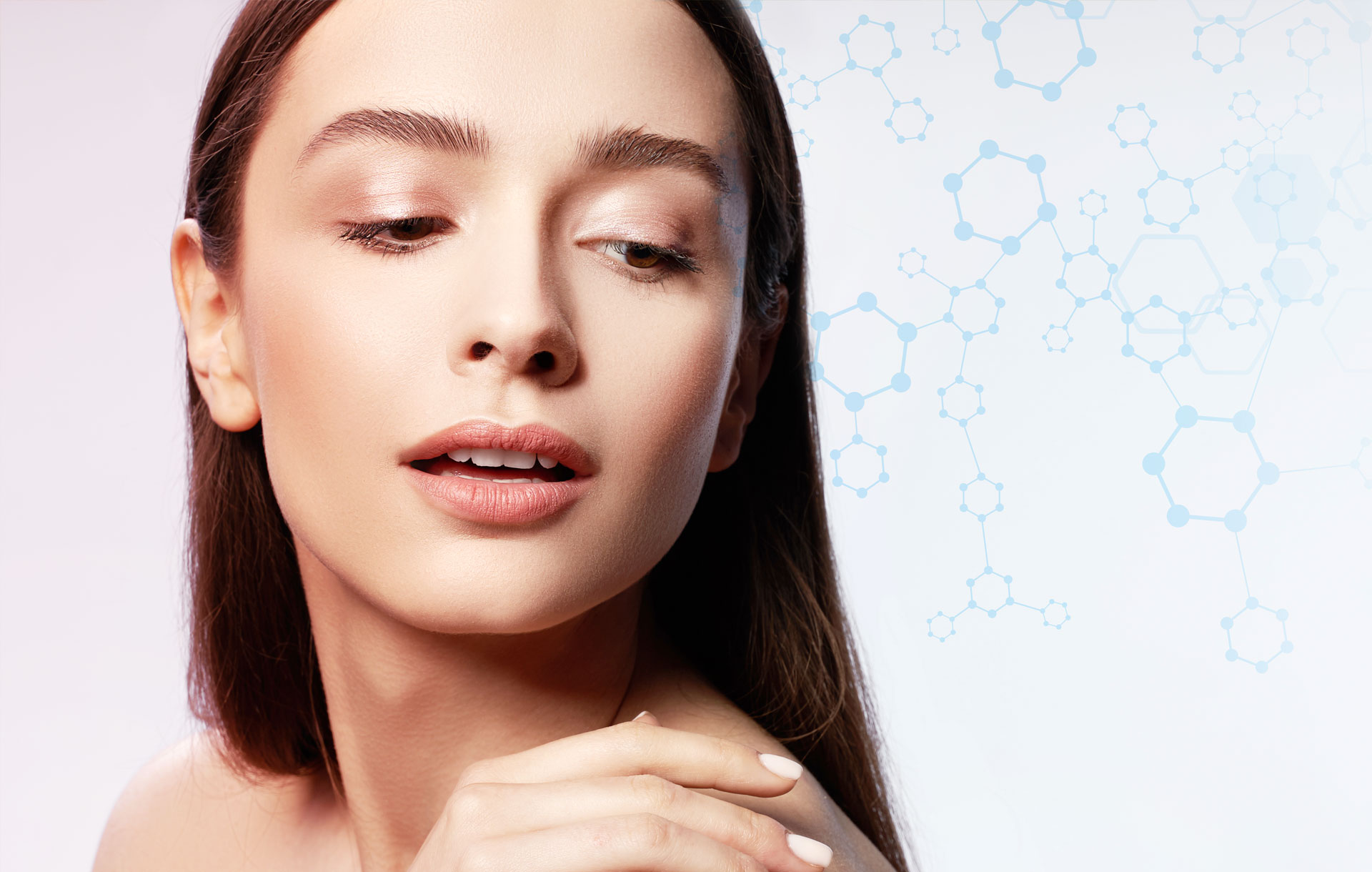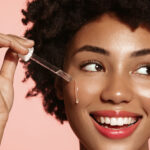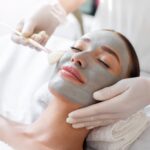Experience and Advice
Before we reach the age of 30, our stem cells continually act to replenish our epidermal cells and collagen. After 30, these cells begin to slow down in their production. As we get older, some become senescent and are no longer very effective. This phenomenon makes a significant contribution to the thinning of our skin layers and the loss of collagen structure, which brings about an unwanted “aging” appearance as the years pass.
Over the last decade, I have been focused on the skin science and exploring research and product development related to skin rejuvenation and restoration by means of stem cell technology. Over the past three years specifically, I centered this research on stem cell activity in human skin, and the latest knowledge about these various types of stem cells. As a result of this study I designed a complex of ingredients that has been shown to stimulate the stem cell activity in our skin. This complex was given the name, SRC-7.
In 2018, my first product was designed. Coincidentally, in July of that same year, my daughter was diagnosed with Hodgkins Lymphoma. This was devastating news and traumatic for us all. Kristen was 45 years old with two small children (two and four), a devoted husband, and an executive level career in the Geosciences. She was about to face the most distressing challenge of her life. She began the first of 12 successive chemotherapy treatments in mid-August 2018. As the treatments continued, the impact on her body became more difficult with each session.
From this experience, we have gained a better understanding of how chemotherapy affects the skin, and how stem cell skin care can play an important role in regaining vitality and hydration to the skin.
As her chemotherapy treatment progressed, we both noticed that her skin appearance was beginning to show signs of rapid aging. Chemotherapy is the targeted killing of cells in the body that are rapidly dividing. It is aimed at cancer cells, of course, but the skin’s healthy stem cells are generally rapidly dividing as well and thus, are damaged in this treatment process. Since our skin depends on these stem cells to renew and replenish the needed cells in our skin, there is a major impact on our skin’s health and, of course, our outward appearance.
In addition, there is typically an impact on sebum production and the skin becomes abnormally dry. This also causes premature aging and sometimes can result in itchy, flaking skin if allowed to continue. Another typical negative effect appears as a loss of radiance and a “graying” of complexion. This is caused by the fact that our outer layers of skin in the epidermis are not being replaced as quickly and those older layers continue to remain on the surface much longer than normal. Exfoliation offers some help, but care must be taken. The production of new replacement epidermal cells is muted by hampered stem cell activity; thus, a careful balance must be maintained such that over-exfoliation does not occur.
In general, the impact of chemotherapy on the skin’s appearance and health causes rapid, premature aging. Suddenly, patients look ten to 15 years older. Not only is this negative for overall health, but also the loss of self-esteem and the resulting emotional impact negatively contributes to an overall sense of well-being. Hair is coming out, eyebrows and eyelashes are gone, and the skin looks like it is aging one year every week. This negative reversal in appearance can contribute to depression and a loss of that positive attitude so needed to keep spirits up and maintain inner strength to fight this ugly disease. It is not only a physical battle, but a mental one as well. Anything we can do to increase perceived beauty, or even just a sense of “normalness” during this period will help in this battle.
These are things I advise to avoid during chemo:
1. Exposure to Sun and UV Rays
Your immune system is already compromised and the ability to overcome free radicals in the skin from UV is greatly hampered. Oncologists recommend not using antioxidants while going through chemotherapy, so there is no good way to resist free radical damage to skin cells. The best strategy is to avoid the exposure.
2. Avoid Anything Drying to the Skin
Avoid hot water, products with alcohol or synthetic ingredients, or any ingredient that retards sebum production.
3. Avoid Harsh Exfoliators
Avoid products containing exfoliants such as alpha hydroxy acids (e.g. glycolic, lactic acid) or beta hydroxy acids such as salicylic acid. Use gentle and careful exfoliation methods.













